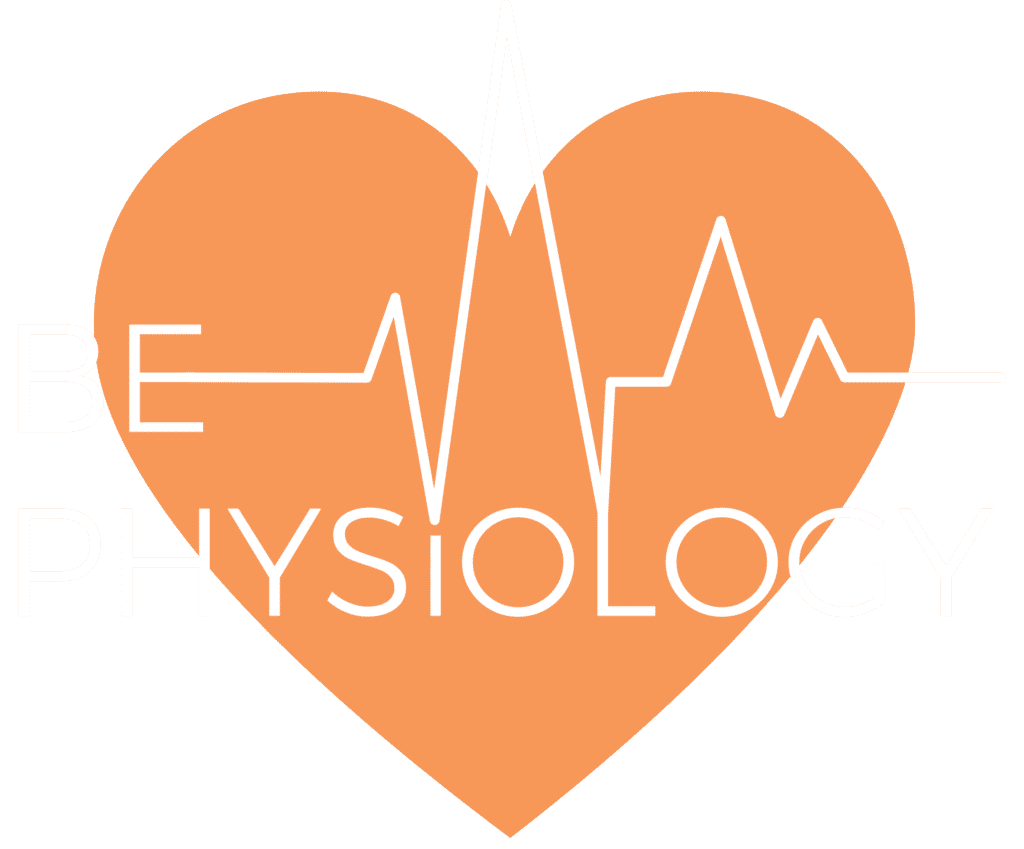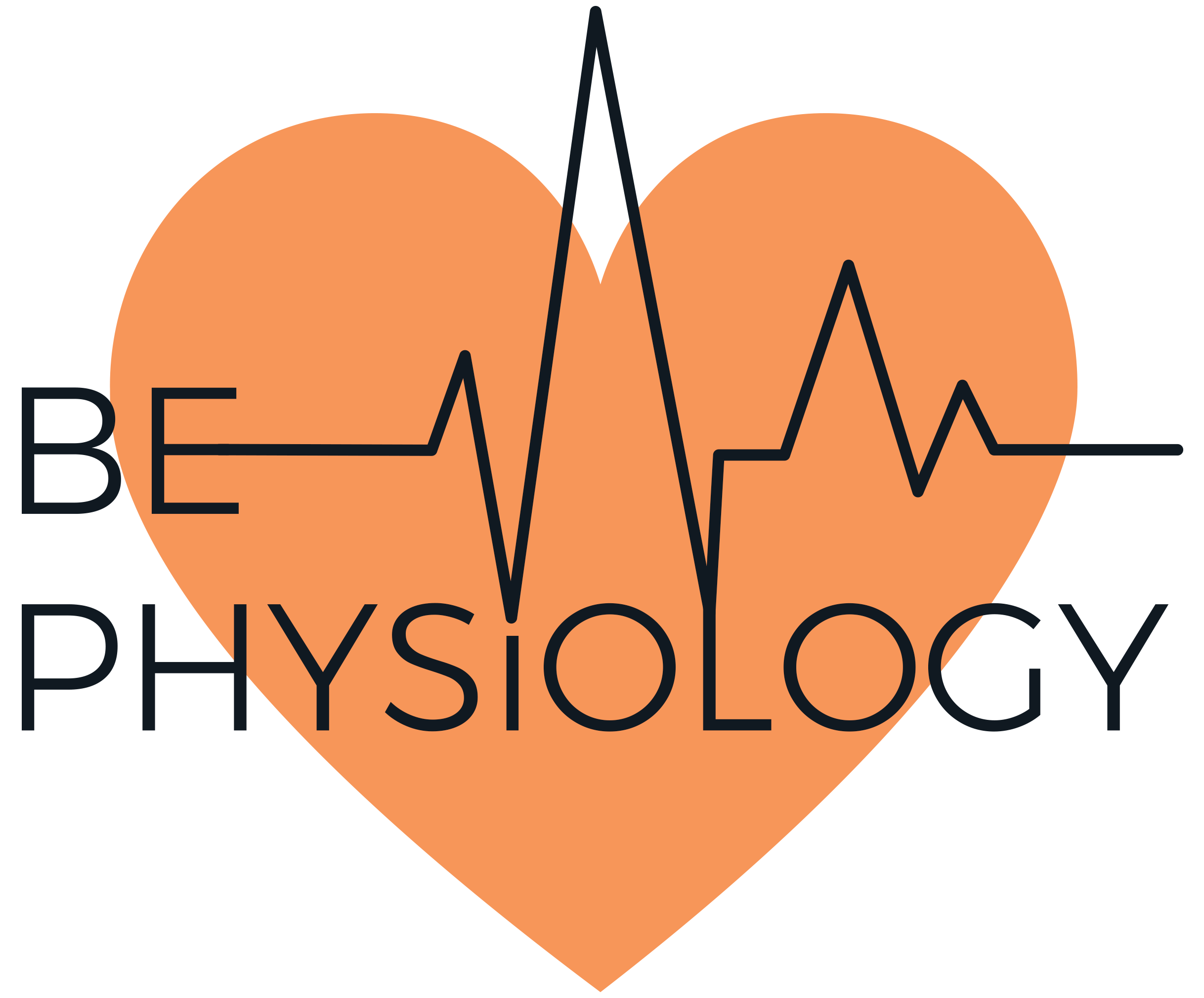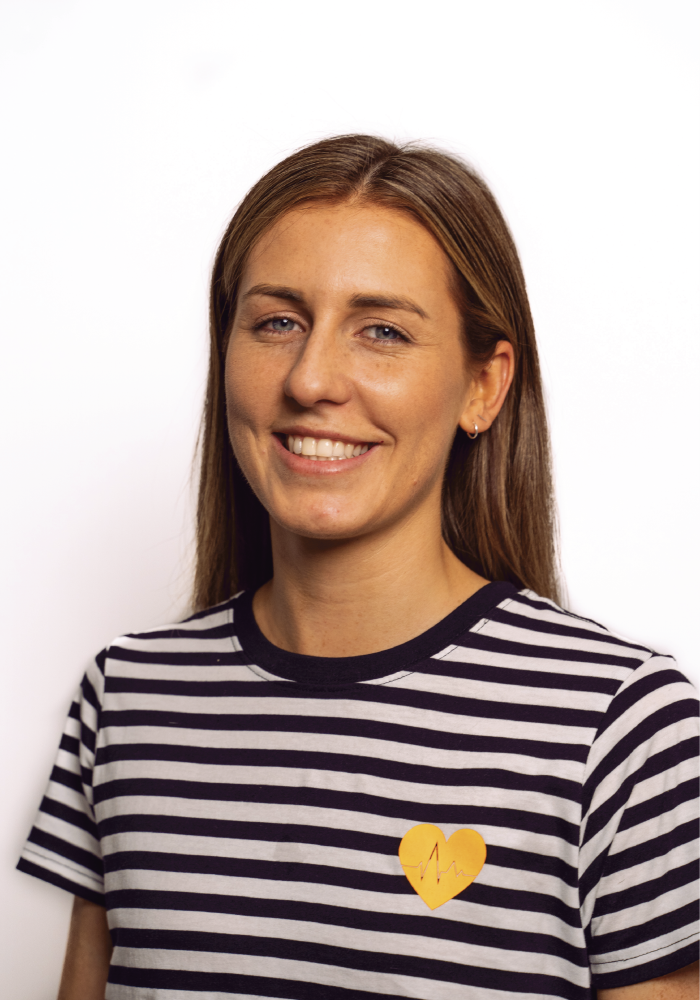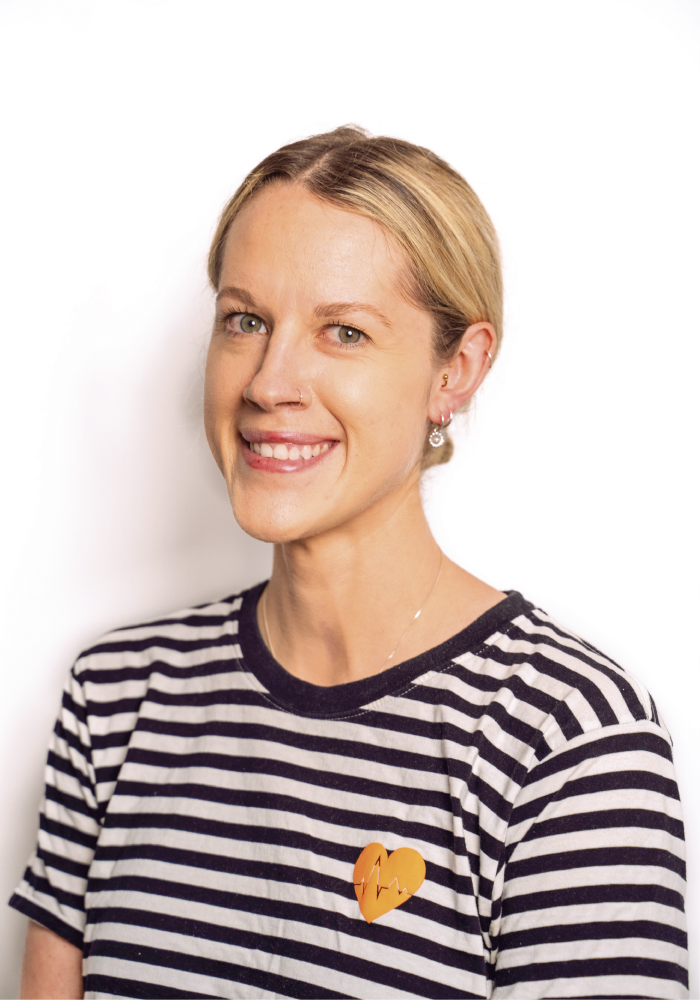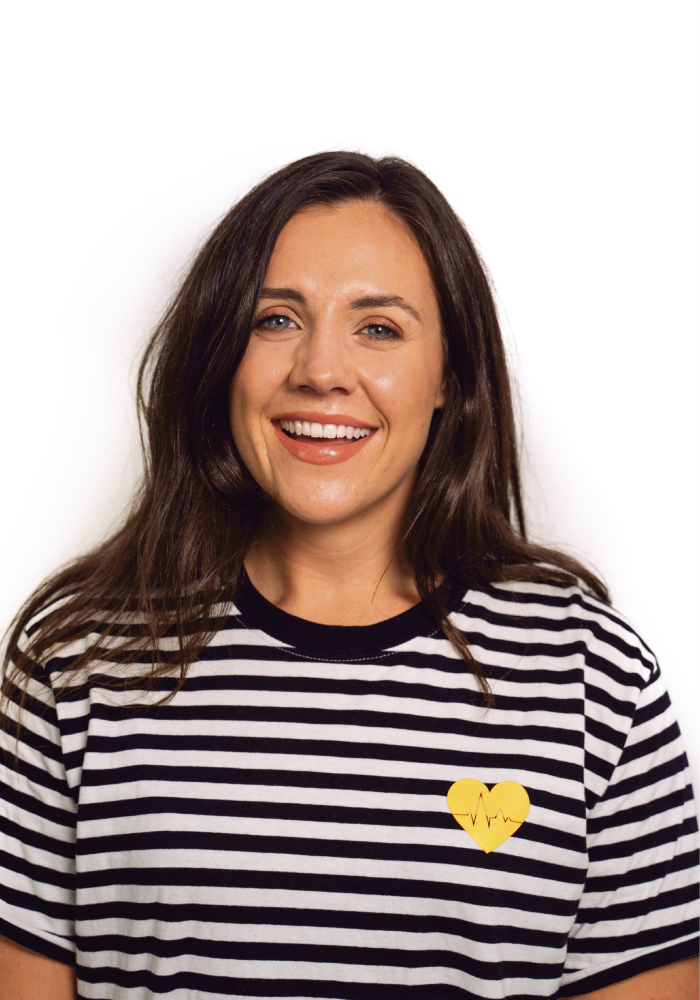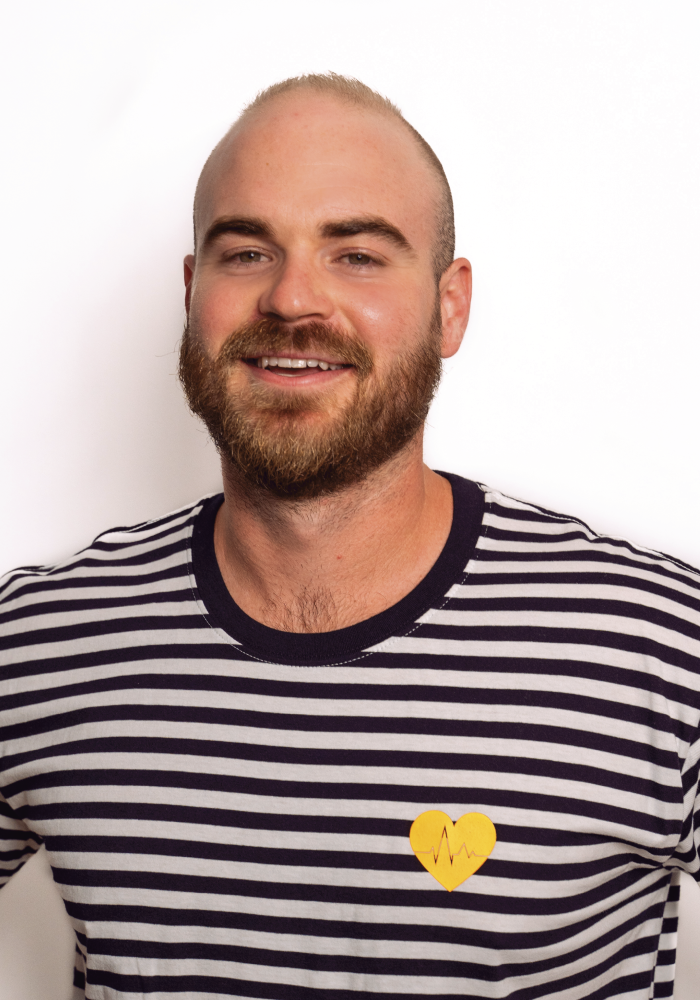Intellectual disabilities & exercise physiology
Exercise is crucial for developing minds.
Some skills progress before others, and if not, this can affect coordination, control and movement thereafter. The consequences of this are possible posture defects, muscular deficiencies and cardiovascular abnormalities and can then lead to chronic muscular and osteo conditions, along with heart issues.
At Be Physiology we create scientific-based programs that ensure the healthy development of our clients. By hosting a controlled (and tiring) environment, and keeping the little minds engaged, is a proven way to help them gain strength, balance, coordination, flexibility, as well as learn to listen and follow instructions.
What defines a developmental disability or intellectual disability?
A developmental disability refers to a physical, learning, language, or behavioural impairment. The term developmental disabilities encompass intellectual disabilities, however, also include physical disabilities.
An intellectual disability refers to a person having impaired cognitive functioning, social skills, and self-care skills.
There is a range of developmental and intellectual disabilities that affect people in different ways.
- ADHD
- Autism
- Cerebral Palsy
- Hearing Loss
- Rett Syndrome
- Intellectual Disability
- Learning Disability
- Vision Impairment
- Williams Syndrome
- Down Syndrome
- Prader-Willi Syndrome
- Fragile X Syndrome
- Fetal Alchohol Syndrome
What can cause an intellectual disability?
Intellectual disabilities do not have a single cause, it is genetic and environmental factors that can lead to different types of intellectual disabilities.
Signs and symptoms
Indications of a developmental disability may include the ability to roll over, sit up, crawl, or walking begins much later than developmentally appropriate.
Living with an intellectual disability may mean tasks such as learning, socialising, self-care, communication are difficult. It can also cause difficulty interacting with others and personal care.
How does exercise help?
People living with disabilities are among the least active in our population. Unfortunately, for kids living with disabilities, a delayed development leads to reduced physical activity and further limitations to learning the same motor skills as others their age.
Not only are motor and social skills not developed, but this physical inactivity leads to an increased risk of cardiovascular disease. People with disabilities benefit from the overall health improvements of exercise, as well as benefiting from improving specific deficits linked to their condition.
Exercise programs help people with developmental delay to learn new movement patterns such as walking, crawling, and jumping. Further, exercise improves muscle tone and balance.
For people with intellectual disabilities, exercise often helps increase ability to focus and improves confidence to interact throughout their community.
How do exercise physiologists work with developmental & intellectual disabilities?
Prescribing exercise programs for people living with developmental and intellectual disabilities involves understanding how these conditions can affect movement, learning, and motor planning.
Each person and the way their condition impacts them is very unique which requires looking deeper into the goals of the individual and how to best utilise exercise to reach them. When working with people with developmental or intellectual disabilities AEPs look for task or game based movements that work towards the clinical goals while enjoying the sessions. Our mobile exercise physiologists modify and adapt exercise prescription regularly to meet the needs of our clients and their goals.
Down syndrome is a genetic disorder involving developmental and intellectual impairments. Down syndrome may also cause cervical spine instability and heart abnormalities. People with Down syndrome experience delays with motor development leading to low muscle tone decreased body awareness and decreased balance. People with Down syndrome also may have some level of impairment to speech, hearing, vision, and a slowed ability to learn. AEPs often work on strengthening muscle groups that have not developed, improving balance and coordination. A focus is also placed on setting up an environment that is appropriate for intellectual impairments.
ADHD is a condition that rises from brain development and activity which impacts attention, self-regulation, and activity level. People with ADHD often have a variety of symptoms including difficulty sitting still, impulsivity, and inattentiveness. Exercise can play a role in helping manage these symptoms by regulating emotions, improving sleep quality, and reducing stress. Exercise also has been shown to increase certain proteins in the brain which improve learning and working memory. AEPs help people with ADHD by building an exercise program that is able to be followed effectively and consistently. This may also involve working on behaviour change strategies to build healthy habits.
Our team of mobile exercise physiologists take an individualised approach to each program, working to understand what developmental disorders are present to best set up an exercise regime that will be most effective.
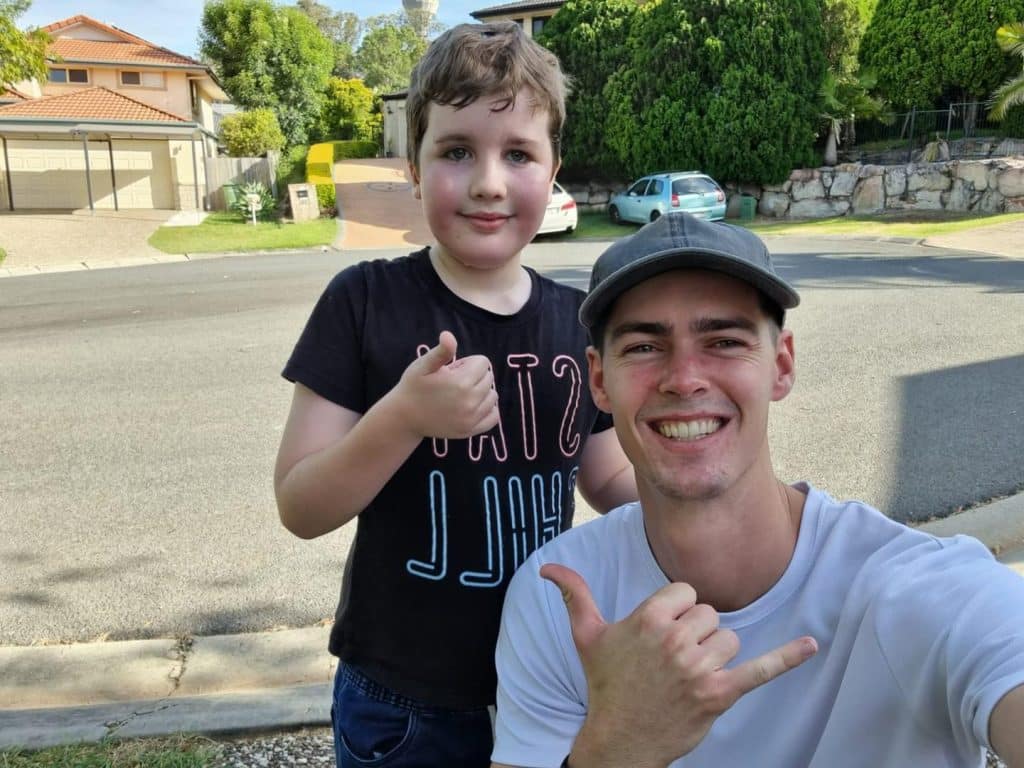
Latest insights
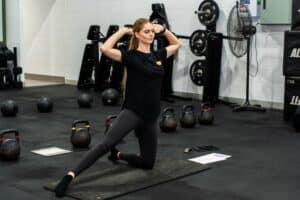
Maximize Your Prenatal & Postpartum Wellness: Pilates for Expecting and New Moms
Sensation, our body’s intricate communication system, plays a pivotal role in our ability to move,
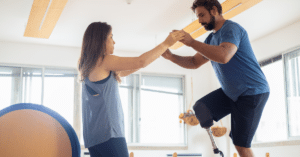
Unlocking the Power of Sensation in Exercise: A Journey to Recovery
Sensation, our body’s intricate communication system, plays a pivotal role in our ability to move,
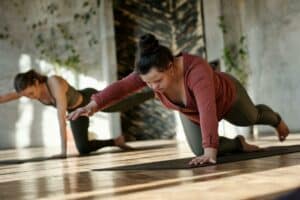
What is fibromyalgia & why exercise is important
Fibromyalgia is a chronic condition characterised by widespread pain and tenderness in the muscles, ligaments,
